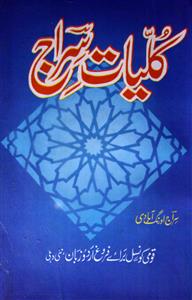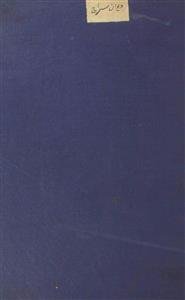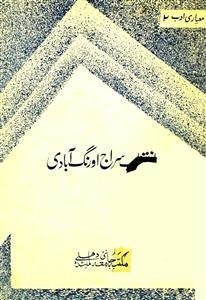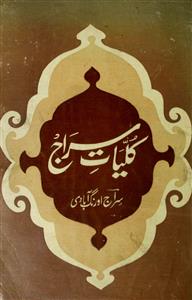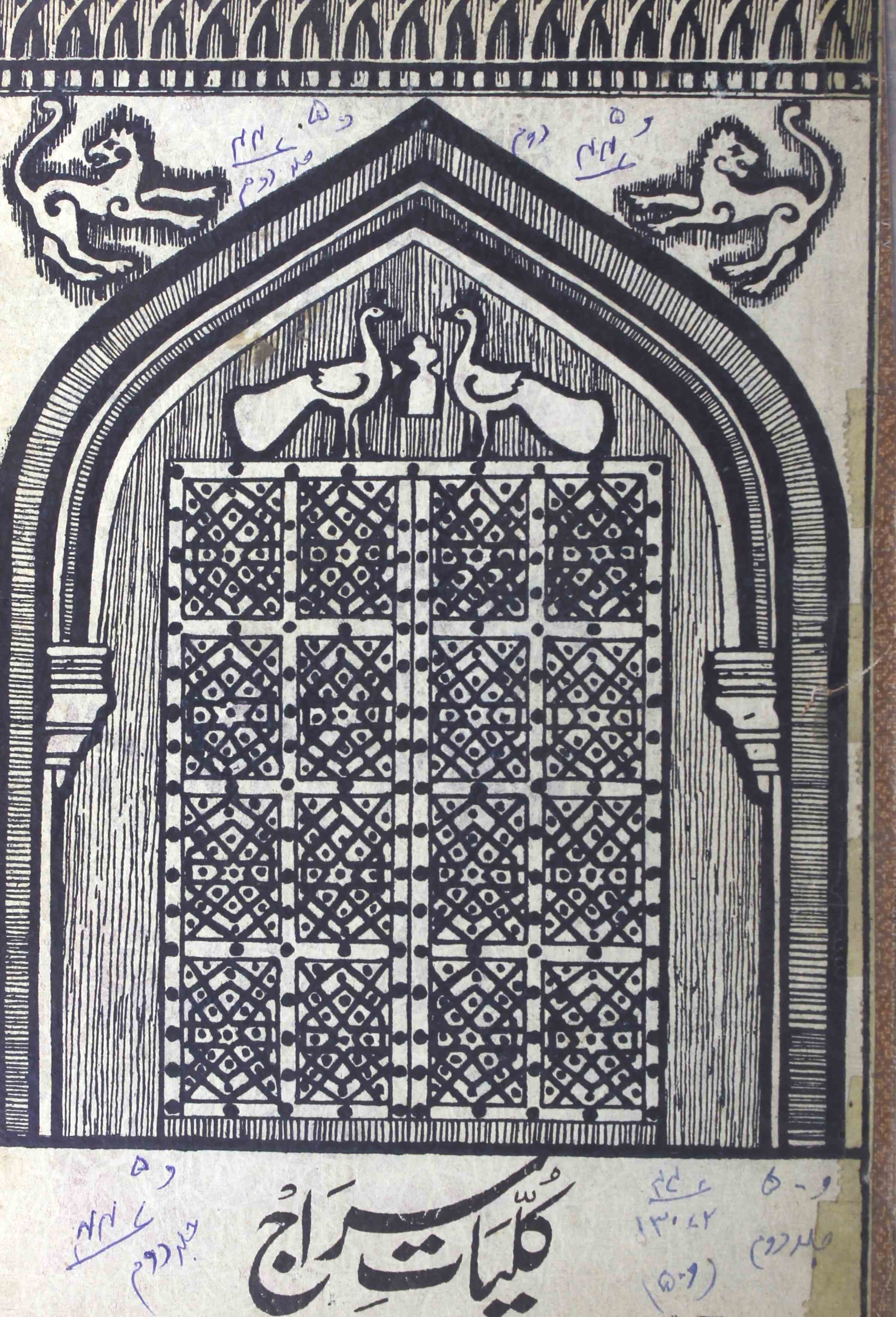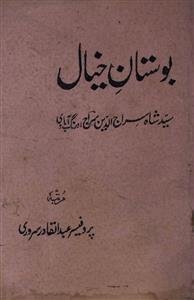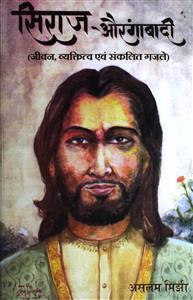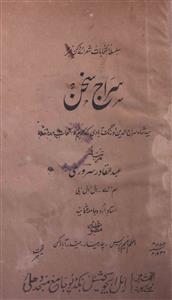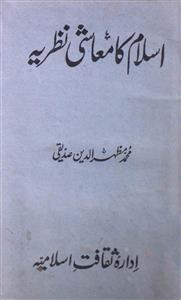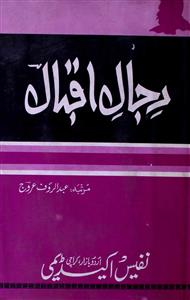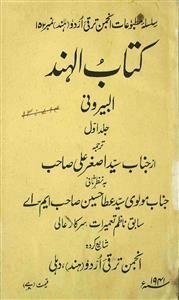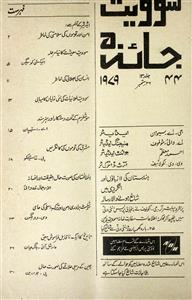 For any query/comment related to this ebook, please contact us at haidar.ali@rekhta.org
For any query/comment related to this ebook, please contact us at haidar.ali@rekhta.org
About The Book
اس کتاب میں سراج اورنگ آبادی کی شاعری سے پہلے مکمل زندگی ، طرز حیات اور کارناموں کا ذکر ہے اور کلیات کے پڑھنے سے یہ اندازہ بھی ملتا ہے کہ وہ نفیس ادبی مذاق کے علاوہ اچھے سخن ور اور سخن فہم بھی تھے۔ ان کی مثنویات اور دیگر غزلیات کو اس میں شامل کیا گیا ہے۔ اس سے ان کے مرتبے کا پتہ چلتا ہے۔ ان کی نظم میں سوزو گداز اور تڑپ ہے۔ کلیات کی ابتدا میں ان کی حیات پر روشنی ڈالی گئی ہے جس سے معلوم ہوتا ہے کہ وہ عنفوان شباب میں لاابالی تھے مگر پیرو مرشد کی نظر نے انہیں کندن بنا دیا۔ آگے مقدمہ میں اردو کی تواریخ پر بہترین روشنی ڈالی گئی ہے اور یہ دعویٰ کیا گیا ہے کہ اردو بہمنی دور میں ہی بام عروج تک پہنچ چکی تھی۔ بہر کیف اس کلیات کا مطالعہ جہاں ایک طرف تاریخ سے آگہی دے رہا ہے وہیں سید سراج کی شخصیت ، ان کے علمی ، ادبی کارنامے اور منظومات کا لطف بھی دے دہا ہے۔
About The Author
Siraj Aurangabadi (1715-1763), is the popular name of Syed Sirajuddin. He was born in Aurangabad, Maharashtra, a place named after the Mughal emperor Aurangzeb. An embodiment of uncontrollable passion and impatience with the world around from the very early years of his life, Siraj turned into a true mendicant. He abandoned home, wandered in wilderness, wrote verse, and had to be brought back home in a tattered condition. He had to be kept on guard for several years till he achieved a semblance of normalcy and transformed into a Sufi, acquiring a high status in the realm of mysticism.
Siraj, the impetuous soul, began by writing verse in Persian during the very early period of his frequent bouts of deviation from the normal ways of life. He also wrote in Urdu with equal felicity. He composed his verse feverishly and lost much of it, as one overpowered by the raptures of imagination would often do. He could soon complete his Divaan of over five thousand shers. Apart from ghazal, Siraj practiced other forms of poetry also, including the long narrative verse. After the decline of the Deccan kingdoms, when Aurangabad became the literary centre, Siraj emerged as a major link between the old and the new styles of the Deccan school of poetry. Divine love is the central concern of his poetry and he spent all his life trying to unravel the mysteries of divinity in direct and metaphorical terms. His Divaan represents his metaphysical concerns and mystical preoccupations that arose from his awareness of the physical and the eerie, the secular and the religious. His poetry is a way of developing a primeval engagement with the self and it is executed with rare lyric grace.
 For any query/comment related to this ebook, please contact us at haidar.ali@rekhta.org
For any query/comment related to this ebook, please contact us at haidar.ali@rekhta.org
